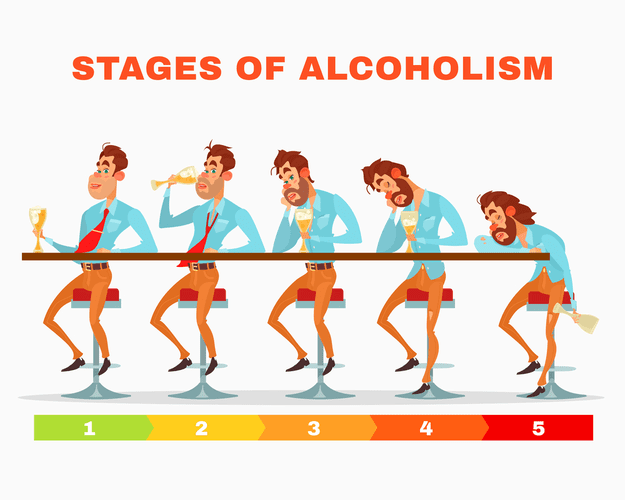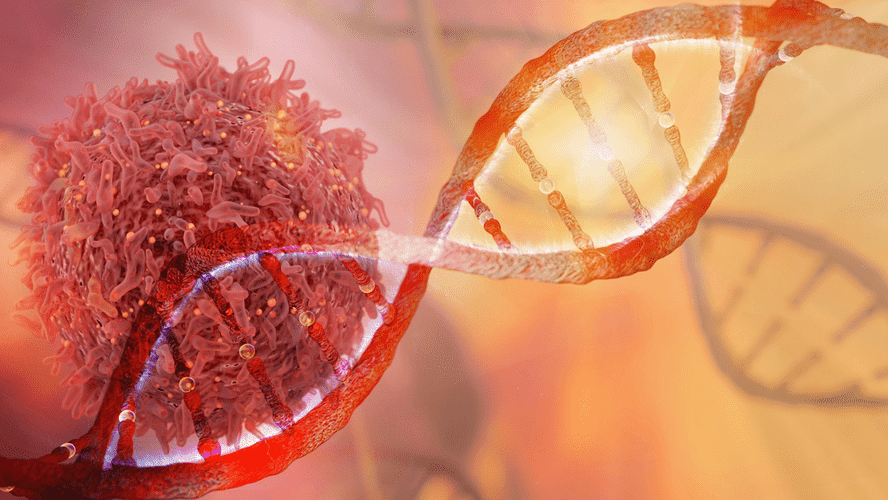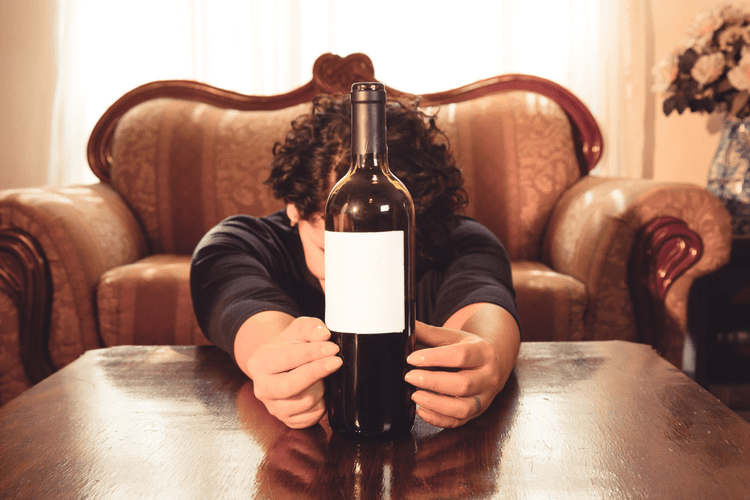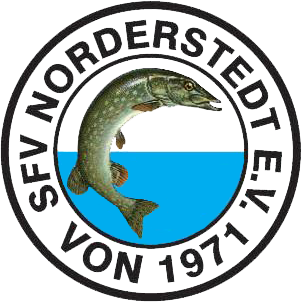The first reason is https://neesie.org/effects-of-brief-alcohol-interventions-on-drinking-2/ that drinking alcohol can lower your appetite, making you less likely to eat and drink water. Many people might feel their thirst is quenched by drinking alcohol, even when it’s not helping hydrate their bodies. To maximize hydration, consume NA beer alongside water or sports drinks, especially after workouts. Balancing your NA beer intake with other hydrating beverages ensures you maintain fluid balance and supports recovery after physical activities.
Can beer actually quench your thirst?
We offer 24/7 medication-assisted treatment to relieve withdrawal symptoms that occur when alcohol use is reduced or stopped and before they turn into alcohol withdrawal syndrome. For the men reading this, you might also be interested to learn about alcohol’s effect on testosterone levels. If you’re an athlete or someone who likes to hit the gym to build muscle mass, you may want to reconsider your weekly happy hour consumption.
Can IBS Cause Dehydration?
„Not every glass of water needs to have salt in it,“ she adds. Hops are a key ingredient in both non-alcoholic and alcoholic beer. They’re used for their preservative capacities and distinct flavor. But, the compounds xanthohumol and myrcenol in hops also have a sedative effect and are thought to improve sleep patterns.
What’s The Least Dehydrating Alcohol?

Additionally, I examine the way mental and physical health as well as our relationships with others impact can alcohol hydrate you the reasons people drink and their role in maintaining sobriety long-term. Dehydration can impair physical coordination and reaction time, leading to an increased risk of accidents, such as falls or injuries. Alcohol consumption can also impair the body’s ability to regulate its temperature.

Does Wine Dehydrate You?

In a study that examined rehydration after light exercise, scientists found that subjects drinking full-strength beer (5% ABV) only retained 21% of the fluid. Subjects were given enough of each beverage to fully rehydrate if all fluid was retained. Alcohol is a diuretic, a substance that increases the amount of urine produced. But how does alcohol actually cause those unpleasant symptoms? Alcohol — despite being a fluid — inhibits the release of vasopressin, an anti-diuretic hormone that rushes to our defense when our concentration of electrolytes rise above a certain level.
- Carapichoso says you can also make your own electrolyte drink recipe with water, salt, and sugar.
- Alcohol is a diuretic and therefore causes excessive urination.
- The diuretic effect of alcohol far outweighs any potential benefit from the electrolytes.
- Pushing your limits can lead to severe dehydration, hangovers, and other health problems.
- Water, electrolyte-rich sports drinks, or recovery shakes are far superior choices.
How long does it take for your body to rehydrate after drinking alcohol?
- Non-alcoholic beer offers several health benefits that can enhance your hydration experience.
- A good rule of thumb is to drink at least one glass of water for every alcoholic beverage you consume.
Turns out, some alcohols — and more accurately, how you drink them — can be less dehydrating that other booze-filled beverages. We created our BodyBio E-Lyte concentrate to counteract drug addiction the effects of dehydration and boost electrolyte and mineral stores to help alleviate symptoms across the board. Let’s talk about dehydration from alcohol — why it happens, how to avoid it, and the immediate remedies you can use to avoid a hangover. A diuretic is a substance that causes the body to produce more urine.
Increased risk of heat stroke:
The body may tolerate a moderate intake of beer without experiencing dehydration. While drinking extra liquids may generally lead to more frequent urination, a diuretic liquid such as alcohol will encourage the body to expel even more liquid. While the liquid component of many drinks, and even certain foods, can help hydrate the body, quite a few liquids can have the opposite effect.
